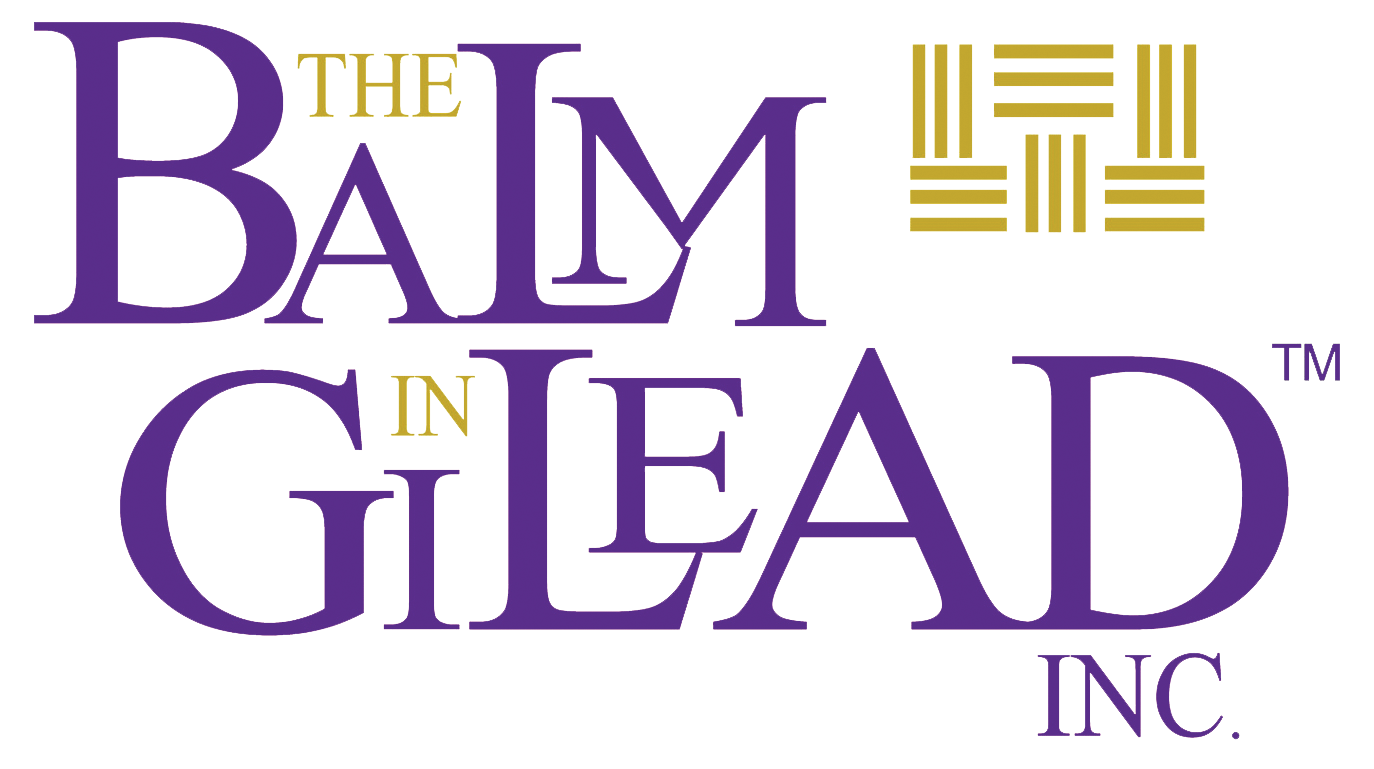What is Food Security?
By definition, food security is a measure of food availability and an individuals’ ability to access it. Gaining access to healthy and affordable food can be a challenge for rural residents. Many rural areas lack food retailers and are considered food deserts: areas with limited amounts of fresh, affordable foods. In rural areas, access to food may be limited by financial constraints or other factors, such as transportation challenges. The Balm In Gilead is committed to providing support to faith leaders and congregations to address the socio economic issues surrounding food insecurities in communities of color.
Four Dimensions of Food Security
- Food availability: The availability of sufficient quantities of food of appropriate quality, supplied through domestic production or imports (including food aid).
- Food access: Access by individuals to adequate resources (entitlements) for acquiring appropriate foods for a nutritious diet. Entitlements are defined as the set of all commodity bundles over which a person can establish command given the legal, political, economic and social arrangements of the community in which they live (including traditional rights such as access to common resources).
- Utilization: Utilization of food through adequate diet, clean water, sanitation and health care to reach a state of nutritional well-being where all physiological needs are met. This brings out the importance of non-food inputs in food security.
- Stability: To be food secure, a population, household or individual must have access to adequate food at all times. They should not risk losing access to food as a consequence of sudden shocks (e.g. an economic or climatic crisis) or cyclical events (e.g. seasonal food insecurity). The concept of stability can therefore refer to both the availability and access dimensions of food security.
African American Church Community Garden and Food Security Project in South Carolina?
The African American Church Community Garden and Food Security Project in South Carolina is designed to support faith leaders and congregations in eliminating food insecurity in rural areas. The project focuses on the benefits of working together with faith leaders and congregations to address the high rates of poverty, lack of fresh produce, food deserts, and food insecurities in rural communities. The Balm In Gilead will lead community efforts in South Carolina to change health behaviors that often result in high death rates due to preventable diseases. The Ebenezer AME Church in Lincolnville, South Carolina will serve as the national model for the initiative.
Partnering with the Black Church Food Security Network
The Balm In Gilead has partnered with The Black Church Food Security Network to launch “The African American Church Community Project and Food Security Project in South Carolina”. The Black Food Security Network strengthens and establishes economic ventures that supply every part of the food system by utilizing an access-based approach in organizing and linking the vast resources of historically African American congregations and Black farmers in rural and urban areas. With over 50 years of collective experience in building and strengthening the capacity of Black Churches to become community hubs of health promotion and disease prevention, the organizations will lead community efforts in South Carolina to change health behaviors that often result in high death rates due to preventable diseases.
Churches Joining The African American Church Community Garden and Food Security Project in South Carolina
|
Ebenezer AME Church Live Oak AME Church Browns Chapel AME Zion Church Metropolitan AME Zion Church St. John Missionary Baptist Church Saint Luke Missionary Baptist Church Rock Grove AME Zion Church Greater Unity AME Zion Church
|
Shiloh AME Church El Bethel AME Church The Life Center Cathedral Robinson AME Zion Church Greater Unity AME Zion Church Bunton CME Church Pleasant Grove AME Zion Church Brookland Baptist Church |
Educational Training, Workshops and Seminars

April 10, 2021
10 AM EST
The African American Church Community Project and Food Security Project – SC
The Balm In Gilead, Inc. and The Black Church Food Security Network are launching The African American Church Community Project and Food Security Project – SC on April 10, 2021.
Pernessa C. Seele has offered the use of her land in Lincolnville, South Carolina, to Ebenezer AME Church to plant a community garden. The Garden will be named Bishop Richard Harvey Cain Community Garden, in honor of Reverend Richard Harvey Cain, one of Lincolnville’s 1867 founders.
On April 10, 2021, Bishop Samuel Green, Sr., the presiding Bishop of the 7th Episcopal District of the African Methodist Episcopal Church, will bring program greetings, and other dignitaries and faith leaders will attend. Ebenezer AME Church in Lincolnville, South Carolina, shepherded by Rev. Alvin Thornhill, will serve as the initiative’s national model. Watch the Inaugural event live on The Balm In Gilead’s YouTube or Facebook page starting at 10 AM.
Click to Watch On:


